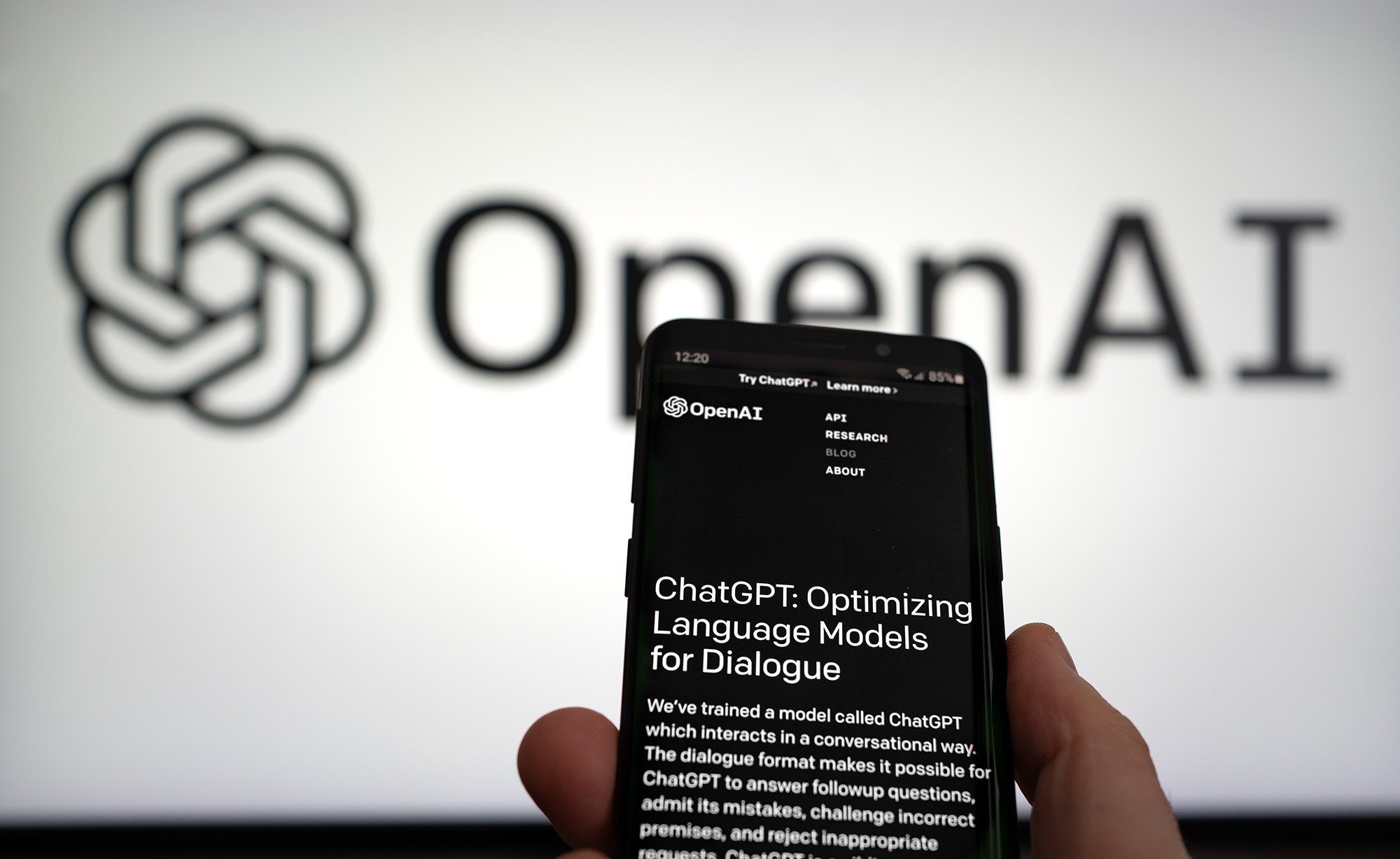As a result, the ‘relationship issue’ is central to many current business problems – from falling sales to growing accounts to struggles recruiting and retaining top talent internally.
Organisations must adapt by fostering a culture of proactive relationship building. This requires an element of self awareness first and an understanding of how you come across before you engage with others to build trust and a deeper connection. Companies that prioritise nurturing these relationships will be better equipped to unlock the potential of their people and drive business as a result.
Organisations must adapt by fostering a culture of proactive relationship building. This requires an element of self awareness first and an understanding of how you come across before you engage with others to build trust and a deeper connection. Companies that prioritise nurturing these relationships will be better equipped to unlock the potential of their people and drive business as a result.
Changing norms.
Good relationships between employers and employees, among colleagues or between businesses and their clients can have a profound impact on an organisation’s success. However, in recent years, the ways that individuals build and foster relationships have fundamentally changed. The impact of technology and the profound effects of the global pandemic have meant that old ways of fostering meaningful and productive relationships are shifting. Decision-making units within companies are bigger and broader than ever before, and whereas a trusted old contact of 30 years may have served someone well up until now, they might suddenly find they need to establish new relationships with people from all backgrounds and across generations.
Younger generations, so-called ‘digital natives’, have grown up in a world where relationships are done differently, and this is leading to a pronounced ‘generation gap’ within the workplace.
The generation gap.
Until recently, it was more usual for the responsibility to be on younger workers to adapt to more traditional office cultural norms but, as the Covid pandemic forced most organisations online, older and younger generations are now having to meet in the middle. However, this can only happen if attention is given to the issue. And some businesses are doing this better than others.
Proactive relationship building.
So, how can organisations ensure that relationships remain at the heart of business? By taking a proactive approach, businesses can give their people the tools to build and maintain relationships based on trust and value.
Relationships begin with individuals. And the individuals that tend to be better at developing good relationships – whether with colleagues or clients – are those who have a high level of self awareness. For employees, this might mean that, when they are preparing to meet a potential new client, they take time to first reflect on their own position. They should ask themselves what they know of their presence: their expertise, strengths and weaknesses, and how they come across. It’s a crucial stage in developing good relationships, though probably one of the more neglected and undervalued, and has a huge impact on fostering emotional intelligence – an important aspect of developing relationships built on trust.
Relationships begin with individuals. And the individuals that tend to be better at developing good relationships – whether with colleagues or clients – are those who have a high level of self awareness. For employees, this might mean that, when they are preparing to meet a potential new client, they take time to first reflect on their own position. They should ask themselves what they know of their presence: their expertise, strengths and weaknesses, and how they come across. It’s a crucial stage in developing good relationships, though probably one of the more neglected and undervalued, and has a huge impact on fostering emotional intelligence – an important aspect of developing relationships built on trust.

As well as getting to know themselves, individuals who develop productive business relationships tend to invest time in building a profile of who they are looking to connect with. Before making initial contact, employees should take a moment to develop a sense of who the other person is, and what they might be hoping to get out of the interaction. This will help them develop a stronger position when meeting new clients for the first time, whether in-person, online or even over the phone.
The combination of self awareness, along with a good idea of who the other person is, can enable people to develop a relationship based on trust – and this is where the real value can emerge. If employees get to know and trust their clients or colleagues, it is more likely that individual strengths and weaknesses can be understood and worked with. It will also feel safer to interrogate and challenge the others’ positions.
The combination of self awareness, along with a good idea of who the other person is, can enable people to develop a relationship based on trust – and this is where the real value can emerge. If employees get to know and trust their clients or colleagues, it is more likely that individual strengths and weaknesses can be understood and worked with. It will also feel safer to interrogate and challenge the others’ positions.
In any business relationship, adding value goes hand in hand with building trust.
Adding value.
In any business relationship, adding value goes hand in hand with building trust. When it comes to client relationships, that means thoroughly exploring a client's goals instead of simply accepting their stated objectives. For example, as L&D consultants, by using experience and tools such as ‘future-focused’ questions, we help organisations uncover their real issues and identify sustainable solutions.
One organisation may be struggling with sales and therefore request sales training. However, a deeper investigation might reveal that the root issue lies in a lack of focus on product proposition or weak client relationships. The aim is to help global businesses discover known and unknown needs to drive better outcomes.
One organisation may be struggling with sales and therefore request sales training. However, a deeper investigation might reveal that the root issue lies in a lack of focus on product proposition or weak client relationships. The aim is to help global businesses discover known and unknown needs to drive better outcomes.
Investing in the long term.
Employers and employees must nurture relationships. If companies or individuals only invest in relationships at the beginning, there is a good chance they will wane. Supporting good relationships is a dynamic and ongoing process that takes time and intention, and businesses must embed this firmly into their culture. The organisations that recognise the importance of this will be in a far stronger position to unlock the potential of their people and business in a rapidly evolving world.








